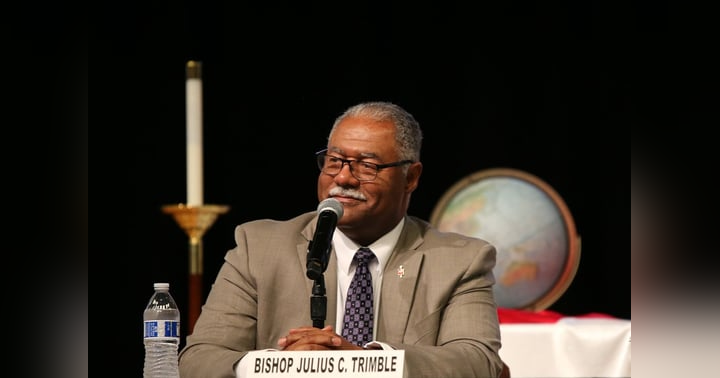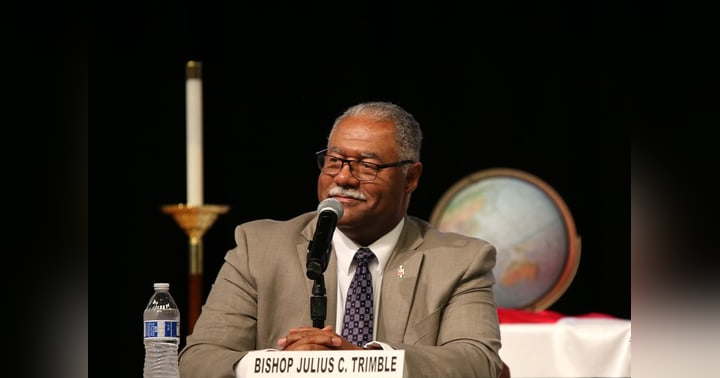Standing in the Gap: Churches, Budgets, and the Moral Mandate to Care for Children

Facing a Critical Moment: Key Takeaways from “To Be Encouraged” with Bishop Julius C. Trimble
This episode of the “To Be Encouraged” podcast, hosted by Rev. Dr. Brad Miller and Bishop Julius C. Trimble, dives into a pressing issue affecting millions: proposed budget cuts in the United States and their far-reaching impact on children, vulnerable communities, and even global humanitarian efforts. Through their heartfelt and informed conversation, listeners are invited to reflect on not only the direct effects of political decisions—but also on the deeper responsibilities of faith communities and everyday citizens during these turbulent times.
Here are three key takeaways from this compelling episode:
1. Budget Cuts Have Immediate and Lasting Human Impact
Bishop Trimble emphasizes that the budget proposals being debated in Washington are not just numbers on a page. They translate into real-world consequences—cuts to SNAP (food support), Medicaid, free school meals, programs for children with disabilities, healthcare funding, and vital foreign aid. He points out that these decisions disproportionately harm children, working-class families, and those who depend on these “social safety nets” for basic needs. The Bishop warns, “It seems like we’re trying to balance the budget on the backs of the poor.” Dr. Miller echoes the concern, noting that these choices can foster a sense of harshness and neglect in government, particularly towards the most vulnerable.
2. The Moral Responsibility of the Faith Community
A significant part of the discussion centers on the role of churches and people of faith in responding to social injustice. Bishop Trimble is adamant—preachers and faith leaders must speak out. “We should be preaching about this,” he urges, calling for active advocacy, not just charity. Churches must prepare for increased demand at their food pantries and outreach programs, but more importantly, they should push for “a moral budget” that reflects compassion and care for all, especially children. The message is clear: being a follower of faith means advocating for justice and the common good, and refusing to remain silent when budgets and policies harm those who cannot advocate for themselves.
3. Hope Through Advocacy and Action
Despite the dire warnings, this episode ends on a note of courage and hope. Bishop Trimble reminds us of the power of collective action. He shares stories of professionals lobbying for essential healthcare funding and reiterates the need for local churches and their members to “raise their voices” in the public arena—writing letters, calling representatives, and participating in public witness. “True greatness comes when we are willing to serve others and put others before ourselves,” says the Bishop. Advocacy, prayer, and public petitions are all vital tools in the struggle for a more just and compassionate society.
In sum, this episode of “To Be Encouraged” isn’t just an analysis of policy—it’s a passionate call to action. The conversation’s heart lies in the understanding that budgets are moral documents, and that people of faith—indeed, all people—are called to ensure that these documents serve not just the privileged, but everyone, especially the most vulnerable among us.
Listen to the full episode for deeper insights and encouragement on standing up for justice in challenging times.




